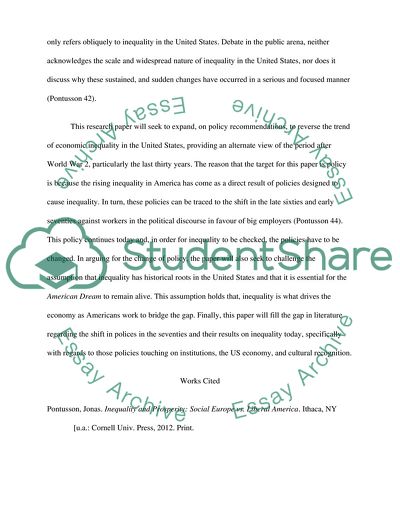Cultural, Economic, and Institutional Inequality in the US Assignment. Retrieved from https://studentshare.org/social-science/1808830-inequality-in-culture-economic-and-institution-in-usa
Cultural, Economic, and Institutional Inequality in the US Assignment. https://studentshare.org/social-science/1808830-inequality-in-culture-economic-and-institution-in-usa.


